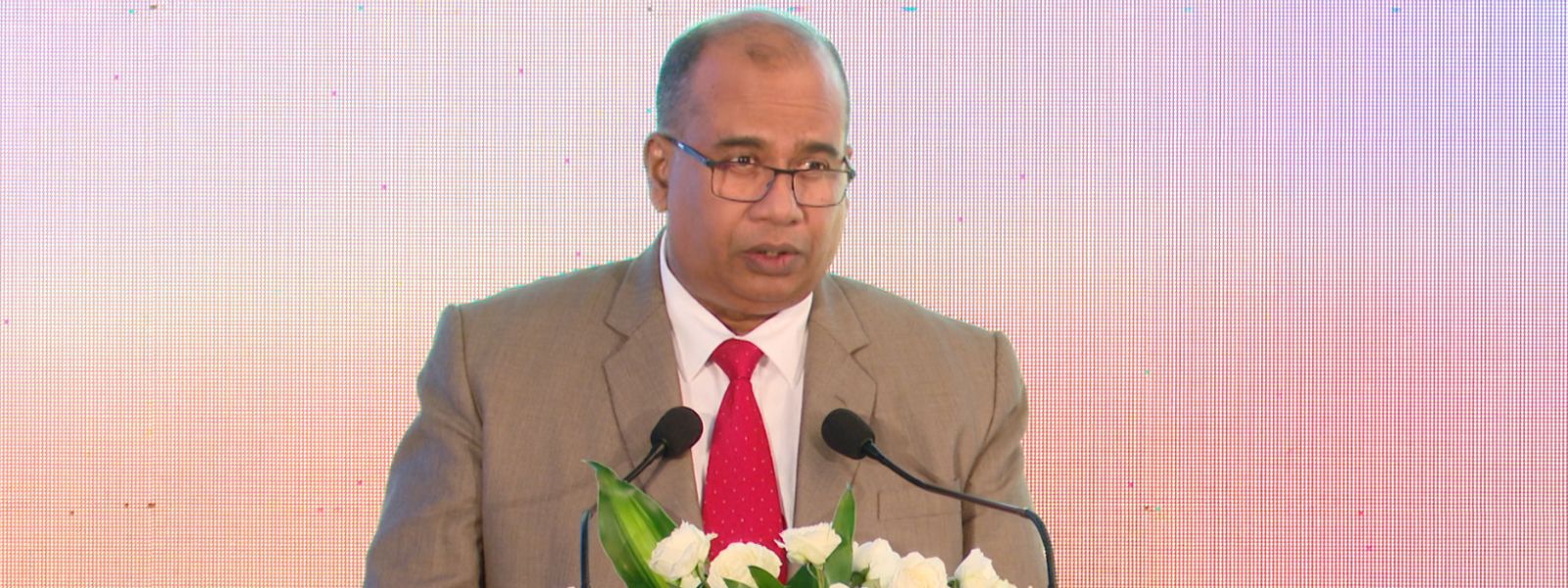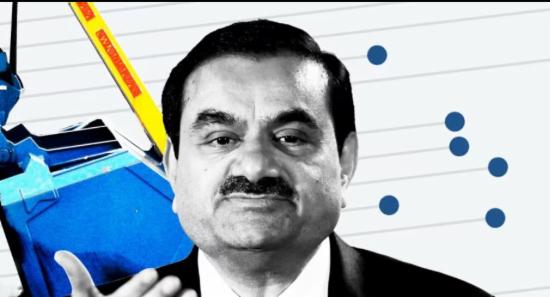.webp)

New Proceeds of Crime Act to Target Bribery and Corruption, Says Justice Kodagoda
COLOMBO (News 1st) – Justice Yasantha Kodagoda, PC, Judge of the Supreme Court of Sri Lanka, has emphasized the urgent need for collective responsibility in addressing the rampant corruption that hinders the country's sustainable economic development.
Speaking at the 66th Annual General Meeting of the Ceylon Chamber of Commerce in Colombo, Justice Kodagoda highlighted the findings of the International Monetary Fund (IMF), which identified corruption as a major impediment to economic progress.
Justice Kodagoda pointed out that corruption is prevalent at all levels of government, involving both elected and appointed officials. He also stressed that the business community shares responsibility for the pervasive corruption, as many engage in bribery to secure contracts and expedite processes.
""Can anyone in the official term of this country accept a bribe unless they are already givers of bribes? Are you not ready to give a bribe to an official for the purpose of securing a contract where the government is one part? How many of you, ladies and gentlemen, pardon me for being blunt, in the private sector can proudly say that towards the end of the year, you don't send hampers to public officials with whom you regularly interact? " Justice Kodagoda asked.
He urged the public to acknowledge their role in perpetuating corruption, emphasizing that the entire citizenry is responsible for the current state of affairs.
The Supreme Court Judge also addressed the need for robust legal measures to combat corruption.
He announced that a new Proceeds of Crime Act is in the works, which will enable authorities to take investigative and prosecutorial action against the proceeds of bribery and corruption, including assets concealed overseas. The new government has endorsed the drafted bill and plans to enact it soon.
Justice Kodagoda called for patience from informed citizens, noting that investigations into bribery and corruption are complex and time-consuming. He emphasized that all actions must be conducted impartially and in accordance with the law.
"Investigation of instances of bribery and corruption can be complex and time-consuming and therefore, I would believe that there is a duty on the part of informed citizens to patiently await outcomes.
It is also necessary, ladies and gentlemen, to be acutely conscious of the fact that whatever that is done to enforce criminal justice measures against those responsible for bribery and corruption must necessarily be done in terms of the law in an apolitical and impartial manner and giving effect to the principles of proportionality," he added.
Other Articles
Featured News





.png )







-779769_550x300.jpg)
-779763_550x300.jpg)
-779757_550x300.jpg)


















.gif)